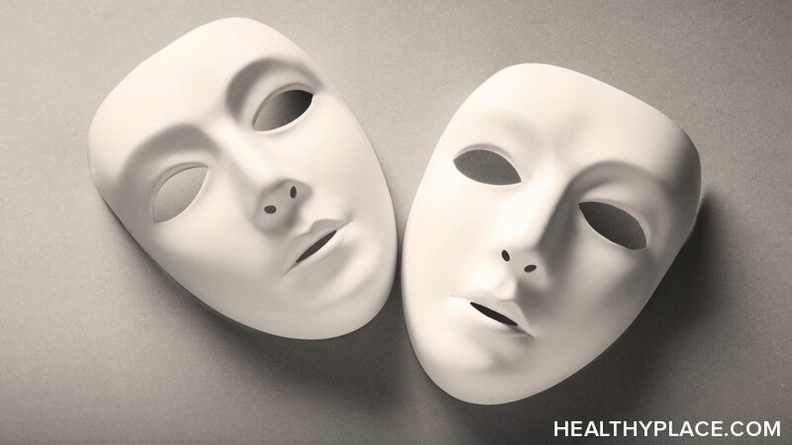Mental Health Challenges Faced by TGNB Community

The lesbian, gay, bisexual, transgender, queer, intersex, asexual, etc. (LGBTQIA+) community faces mental health challenges specific to their gender and sexuality. Transgender and non-binary individuals (TGNB) often experience mental health challenges such as increased acts of rejection or violence and microaggressions by mental health providers and the general public. These disparities could lead to TGNB individuals suffering from mental health concerns such as anxiety. Learning about those challenges faced by our TGNB specific community may help us check our biases at the door and provide allyship to these individuals.
Challenges of the TGNB Mental Health Community
Transgender and non-binary individuals may deal with violence and rejection. The TGNB community can often be victims of rejection by mental health providers who do not understand the dynamics of the TGNB community. Also, rejection amongst the LGBTQIA+ community as a whole plays a factor in TGNB rejection.
Transgender and non-binary individuals are also often subjected to violence due to their gender and sexuality. Physical, mental, sexual, and emotional violence can lead to mental health concerns. If these traumas last for long periods or are traumatic enough, they could lead to posttraumatic stress disorder amongst TGNB individuals.
Microaggressions Are a TGNB Community Challenge
A microaggression is a negative or offensive statement or action that is subtle, indirect, or unintentional and directed towards a minority or marginalized group. These microaggressions happen more often than you probably are aware in the transgender and non-binary communities.
A microaggression towards a transgender individual might be a statement such as, "You look great! I could never tell you are trans."
An actionable microaggression could look like calling an individual by their dead name (the name given at birth that is not used after transitioning or when an individual deems it is dead) because this is what you have always called this individual. These may seem like harmless acts but are similar to a domino effect on our mental health.
After experiencing several microaggressions a day for years, transgender and non-binary individuals could begin to become depressed or uncomfortable in their skin. These microaggressions could lead to a lack of reaching out for support or an inability to live authentically without fear of judgment.
The TGNB Mental Health Community and Allyship
Whether you identify with the TGNB community or not, you can still provide a safe space for these individuals. We can start by removing gender from so many of our daily conversations. Society has pushed a need to gender most things in life, and this can leave TGNB folks out of the loop. Consider using terms such as "they" and "them" when speaking about others in a crowd. This removes the connotation of assumed gender identity.
Another way we can show up for our TGNB community is to allow them to tell us who they are. Do not assume gender identity based on gender expression. Shy away from using someone's dead name if they have recently transitioned. We can normalize the asking of pronouns as well as the asking of an individual's name.
Small steps to removing gender from aspects of life lead to huge growth in providing safe spaces for our TGNB community. These individuals have a right to adequate mental health care. This begins with the basic acknowledgment of their chosen gender identity or lack of chosen gender.
In what ways can you change daily conversations into a safer space for transgender and non-binary individuals? In what ways has gender assumptions affected your mental health?
Share your stories and comments about challenges to the TGNB community or LGBTQIA+ community as a whole below.
APA Reference
Nolasco, M.
(2021, May 8). Mental Health Challenges Faced by TGNB Community, HealthyPlace. Retrieved
on 2025, November 29 from https://www.healthyplace.com/blogs/thelifelgbt/2021/5/mental-health-challenges-faced-by-tgnb-community